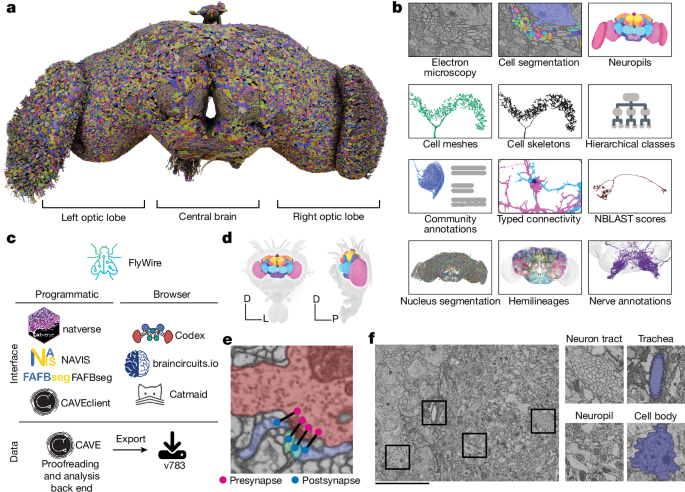2024-10-02 バッファロー大学(UB)
<関連情報>
- https://www.buffalo.edu/news/releases/2024/10/Long-Covid-low-dose-lithium.html
- https://jamanetwork.com/journals/jamanetworkopen/fullarticle/2824334
長期COVIDの疲労と認知機能障害に対するアスパラギン酸リチウム 無作為臨床試験 Lithium Aspartate for Long COVID Fatigue and Cognitive Dysfunction A Randomized Clinical Trial
Thomas Guttuso Jr, MD; Jingtao Zhu, MA; Gregory E. Wilding, PhD
JAMA Network Open Published:October 2, 2024
DOI:10.1001/jamanetworkopen.2024.36874

Key Points
Question Is lithium aspartate effective for treating neurologic post–COVID-19 condition fatigue and cognitive dysfunction?
Findings In a randomized clinical trial including 52 participants, lithium aspartate, 10 to 15 mg/d, for 3 weeks provided no significant improvements to fatigue or cognitive dysfunction scores. A subsequent dose-finding study found open-label lithium aspartate, 40 to 45 mg/d, to be associated with numerically greater symptomatic benefit, particularly in 2 patients with serum lithium levels of 0.18 and 0.49 mEq/L, compared with 1 patient with a level of 0.10 mEq/L.
Meaning The findings of this trial suggest that lithium aspartate, 10 to 15 mg/d, is ineffective for neurologic post–COVID-19 condition fatigue and cognitive dysfunction; the effect of higher dosages needs to be assessed in another randomized clinical trial.
Abstract
Importance Neurologic post–COVID-19 condition (PCC), or long COVID, symptoms of fatigue and cognitive dysfunction continue to affect millions of people who have been infected with SARS-CoV-2. There currently are no effective evidence-based therapies available for treating neurologic PCC.
Objective To assess the effects of lithium aspartate therapy on PCC fatigue and cognitive dysfunction.
Design, Setting, and Participants A randomized, double-blind, placebo-controlled trial (RCT) enrolling participants in a neurology clinic from November 28, 2022, to June 29, 2023, with 3 weeks of follow-up, was conducted. Subsequently, an open-label lithium dose-finding study with 6 weeks of follow-up was performed among the same participants enrolled in the RCT. Eligible individuals needed to report new, bothersome fatigue or cognitive dysfunction persisting for more than 4 weeks after a self-reported positive test for COVID-19, Fatigue Severity Scale-7 (FSS-7) or Brain Fog Severity Scale (BFSS) score of 28 or greater, Beck Depression Inventory-II score less than 24, and no history of a condition known to cause fatigue or cognitive dysfunction. All participants in the RCT were eligible for the dose-finding study, except for those who responded to the placebo. Intention-to-treat analysis was used.
Intervention Lithium aspartate, 10 to 15 mg/d, or identically appearing placebo for 3 weeks followed by open-label lithium aspartate, 10 to 15 mg/d, for 2 weeks. In the subsequent dose-finding study, open-label lithium aspartate dosages up to 45 mg/d for 6 weeks were given.
Main Outcomes and Measures Change in sum of FSS-7 and BFSS scores. The scores for each measure range from 7 to 49, with higher scores indicating more severe symptoms. Secondary outcomes included changes from baseline in the scores of additional questionnaires.
Results Fifty-two participants were enrolled (30 [58%] males; mean [SD] age, 58.54 [14.34] years) and 26 were randomized to treatment with lithium aspartate (10 females) and 26 to placebo (12 female). Two participants assigned to lithium aspartate were lost to follow-up and none withdrew. No adverse events were attributable to lithium therapy. There were no significant intergroup differences for the primary outcome (-3.6; 95% CI, -16.6 to 9.5; P = .59) or any secondary outcomes. Among 3 patients completing a subsequent dose-finding study, open-label lithium aspartate, 40 to 45 mg/d, was associated with numerically greater reductions in fatigue and cognitive dysfunction scores than 15 mg/d, particularly in 2 patients with serum lithium levels of 0.18 and 0.49 mEq/L compared with 1 patient with a level of 0.10 mEq/L.
Conclusions and Relevance In this RCT, therapy with lithium aspartate, 10 to 15 mg/d, was ineffective for neurologic PCC fatigue and cognitive dysfunction. Another RCT is required to assess the potential benefits of higher lithium dosages for treating neurologic PCC.
Trial Registration ClinicalTrials.gov Identifier: NCT05618587 and NCT06108297


